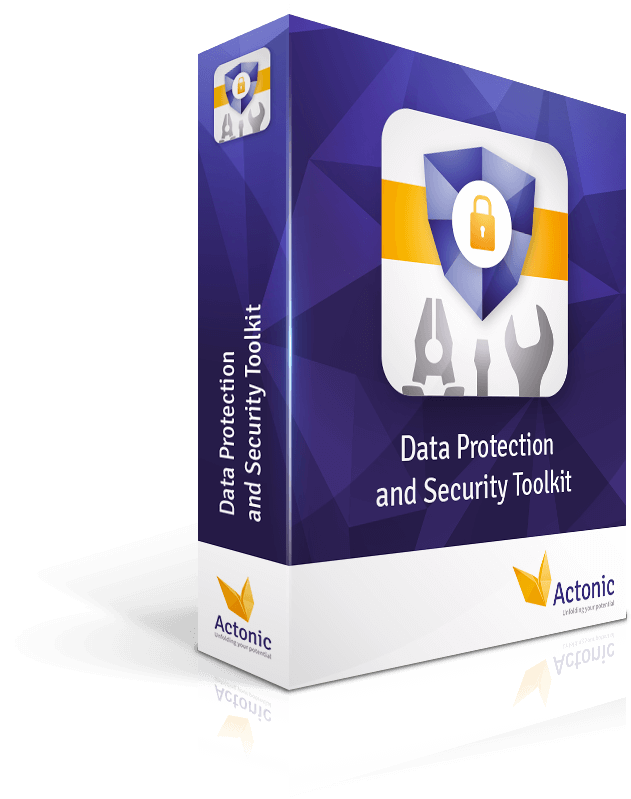However, since January 2023, there is an extension of the CCPA, namely CPRA, which brings some changes. For example, the CCPA allows individuals to refuse their personal data to be shared by organizations, whereas CPRA also gives them the right to decide who can sell and collect their data.
CPA
The Colorado Privacy Act will operate starting July 1, 2023; it protects the personal information of consumers that are residents of Colorado. Any controller that handles a business in Colorado, whether it’s selling products or delivering services for its residents, should be compliant with CPA. In addition, controllers should satisfy these two requirements:
-
Processing data annually of greater than 100,000 consumers.
-
Obtain revenue or discounts from selling data of 25,000 consumers.
So far, no penalties are set yet, so a breach of CPA is regarded as a deceptive trade practice.
VCDPA
The VCDPA (Virginia Consumer Data Protection Act) acts similarly to the previous laws mentioned above. It provides consumers the right to access their personal data and request businesses to delete their information, excluding de-identified data or publicly available information. This act won’t be enforced until January 1, 2023; entities operating businesses in Virginia should ensure their companies fully comply with VCDPA to avoid penalties. Any organization violating this act will face up to $7500 fines plus attorney fees.
Make sure to research privacy data laws in your area that apply to your company’s thresholds. This way, you can protect your users without breaching any rules, and you can avoid hefty fines and sanctions.
Data Security in Jira and Confluence
As soon as you process personal data in your company, you can easily ensure global data protection measures for Jira and Confluence with our apps Data Protection and Security Toolkit for Jira and Data Protection and Security Toolkit for Confluence.
A single app offers several features that will effortlessly help you with all your compliance needs. Avoid issues that could impact the entire process and benefit from detailed statistics to understand the requirements and keep your organization on the right track.
Data Protection and Security Toolkit will guide you through your data security journey in a structured and flexible way with minimal time investment – no matter what global requirements apply to you.
With this app, you’ll secure the future.
Convince yourself now!

